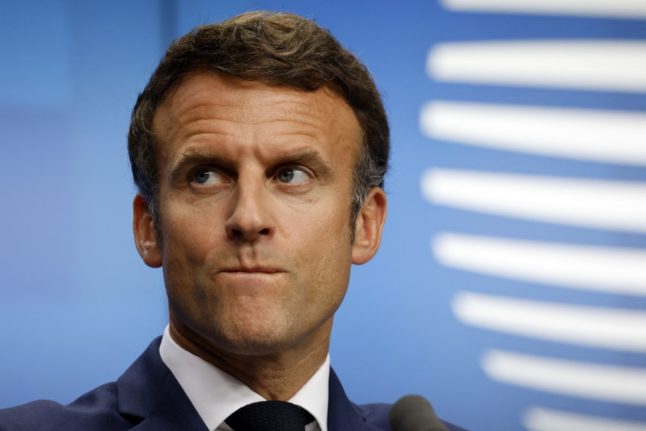French President Emmanuel Macron on Friday condemned the US Supreme Court’s landmark ruling striking down the right to abortion, saying it was a challenge to women’s freedoms.
“Abortion is a fundamental right for all women. It must be protected. I express my solidarity with the women whose freedoms are today undermined by the Supreme Court of the United States,” he tweeted.
On Friday, the conservative-dominated court overturned the landmark 1973 “Roe v. Wade” decision enshrining a woman’s right to an abortion, saying individual states can restrict or ban the procedure themselves — which half appear poised to do.
The Supreme Court ruling will likely set in motion a cavalcade of new laws in roughly half of the 50 US states that will severely restrict or outright ban and criminalise abortions, forcing women to travel long distances to states that still permit the procedure.
France’s Foreign Minister joined Macron in condemning the decision, describing it as “appalling”.
“The overturning by the US Supreme Court of the right to abort is a major setback for fundamental rights,” she wrote on Twitter.
“France will continue to defend them,” she added.
Abortion in France
France was relatively late to legalise abortion – terminating pregnancy was legalised in 1975, driven by the politician and holocaust survivor Simone Veil – still a revered figured for many French feminists.
Before 1975 abortion had been illegal and vigorously prosecuted – the Vichy government that ruled France during World War II made it a capital offence and the last person to be executed under this law was Marie-Louise Giraud, who was guillotined in 1943.
READ MORE What is the law on abortion in France?
The law has been progressively relaxed since then, with the most recent change to the law occurring in February 2022.
Until then, the limit for on-demand abortion was 12 weeks, but this was extended to 14 weeks in one of the last bills passed under president Emmanuel Macron’s first term as president.
There is no requirement to to prove a risk to either the physical or mental health of mother or child in order to secure a termination.



 Please whitelist us to continue reading.
Please whitelist us to continue reading.
Member comments